DEPRESSION
WHAT IS IT?
Depression is a low mood that lasts for a long time and affects your everyday life. In its mildest form, depression can mean just being in low spirits. It doesn't stop you from leading your normal life but makes everything harder to do and seem less worthwhile. At its most severe, depression can be life-threatening because it can make you feel suicidal.
Sometimes there's a trigger for depression. Life-changing events, such as bereavement, losing your job or giving birth, can bring it on. People with a family history of depression are more likely to experience it themselves. But you can also become depressed for no obvious reason.
WHAT ARE SOME OF THE COMMON SYMPTOMS?
-
There’s no pleasure or joy in life. A person with depression may not enjoy things they once loved and may feel like nothing can make them happy.
-
Concentration or focus becomes harder. Making any kind of decisions, reading, or watching television can seem taxing with depression because people can’t think clearly or follow what’s happening.
-
Everything feels hopeless, and there’s no way to feel better. Depression may make a person feel that there’s no way ever to feel good again.
-
Self-esteem is often absent. People with depression may feel like they are worthless or a failure at everything. They may dwell on negative events and experiences and be unable to see positive qualities in themselves.
-
Sleeping may be problematic. Falling asleep at night or staying asleep all night can feel nearly impossible for some people with depression.
-
Energy levels are low to nonexistent. Some people feel like they can’t get out of bed, or feel exhausted all the time even when getting enough sleep. They may feel that they are too tired to do simple daily tasks.
-
Food may not seem appetizing. Some people with depression feel like they don’t want to eat anything, and have to force themselves to eat. This can result in weight loss.
-
Food may be used as a comfort or coping tool. Although some people with depression don’t want to eat, others can overeat and crave unhealthy or comfort foods. This can lead to weight gain.
-
Aches and pains may be present. Some people experience headaches, nausea, body aches, and other pains with depression.
WHAT ARE SOME OF THE TYPES OF TREATMENT?
Treatment for depression can involve a combination of lifestyle changes, talking therapies and medicine. Your recommended treatment will be based on whether you have mild, moderate or severe depression.
If you have mild depression, your doctor may suggest waiting to see whether it improves on its own, while monitoring your progress. This is known as "watchful waiting". They may also suggest lifestyle measures such as exercise and self-help groups.
Talking therapies, such as cognitive behavioural therapy (CBT), are often used for mild depression that is not improving, or moderate depression. Antidepressants are also sometimes prescribed.
For moderate to severe depression, a combination of talking therapy and antidepressants is often recommended. If you have severe depression, you may be referred to a specialist mental health team for intensive specialist talking treatments.
WHAT CAN HELP?
'Self-help' tips don't solve the issue. However, they can help you/others feel more in control when experiencing strong emotions.
If you find that 'self-help' isn't enough, consider reaching out to a counsellor or your GP for help managing overwhelming emotions.
01
Keep yourself busy doing things that really interest you
02
Get physical - -play a sport, jog, dance anything that gets you ‘ out of your head’
03
Eat healthy and avoid drugs or alcohol
04
Don't hold your feelings in. get angry, cry if you need to. It's ok not to feel happy all of the time you are only human.
05
Ask others for help, people are usually willing to listen
06
Practise questioning your negative thoughts, especially about yourself. Are you really a worse person or are you being too hard on yourself ?
07
Focus on one day at a time
08
Reading a self-help book can be worthwhile. They can help you gain a better understanding of what causes you to feel depressed.
09
Join a support group. Sharing your experiences with others in a similar situation can also be very supportive.
10
Depression is a very individual feeling. Don't compare yourself to others. We all have different coping mechanisms. Use the tools that are right for you.
EXTERNAL INFORMATION, SUPPORT AND ADVICE






















































 |  | 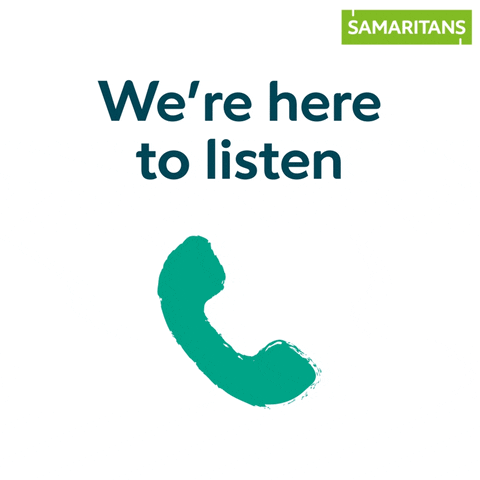 |
|---|---|---|
 |  |  |
 |  |  |
 |  |  |
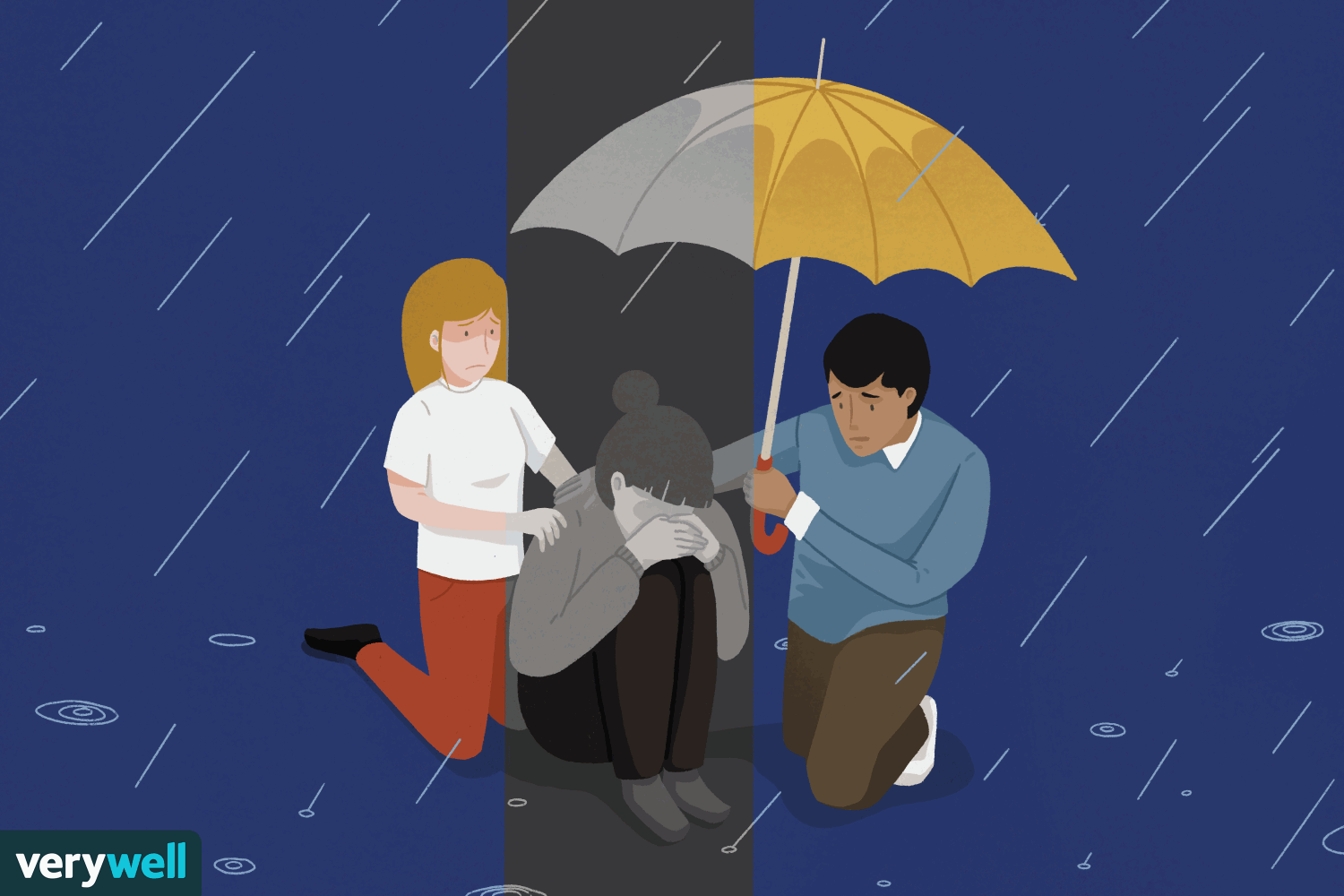 | 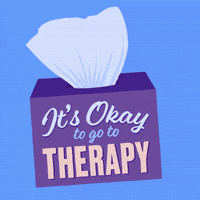 | 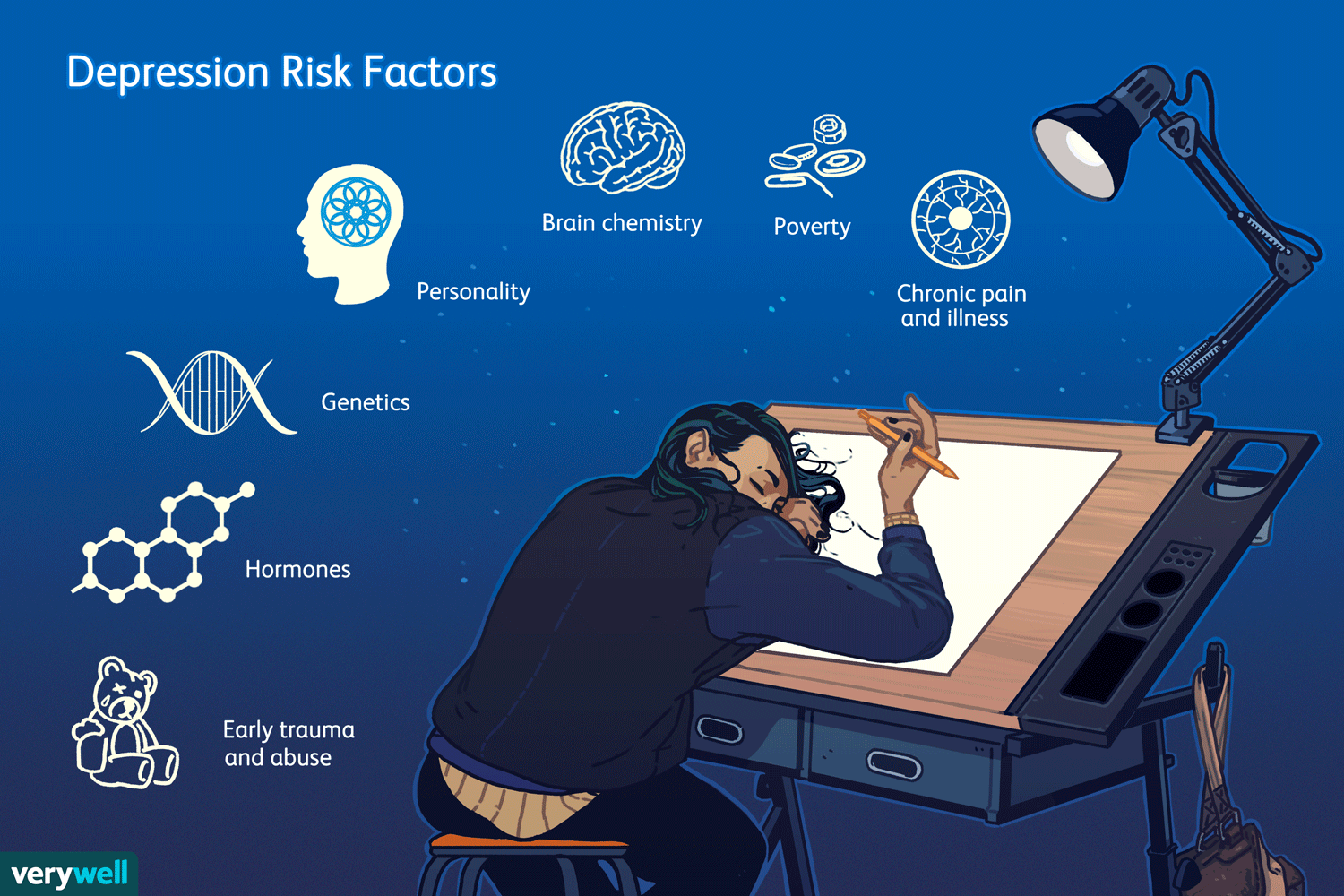 |
 |  |  |
 |  |  |
 | 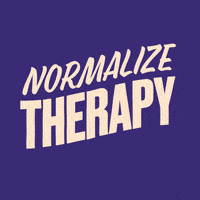 | 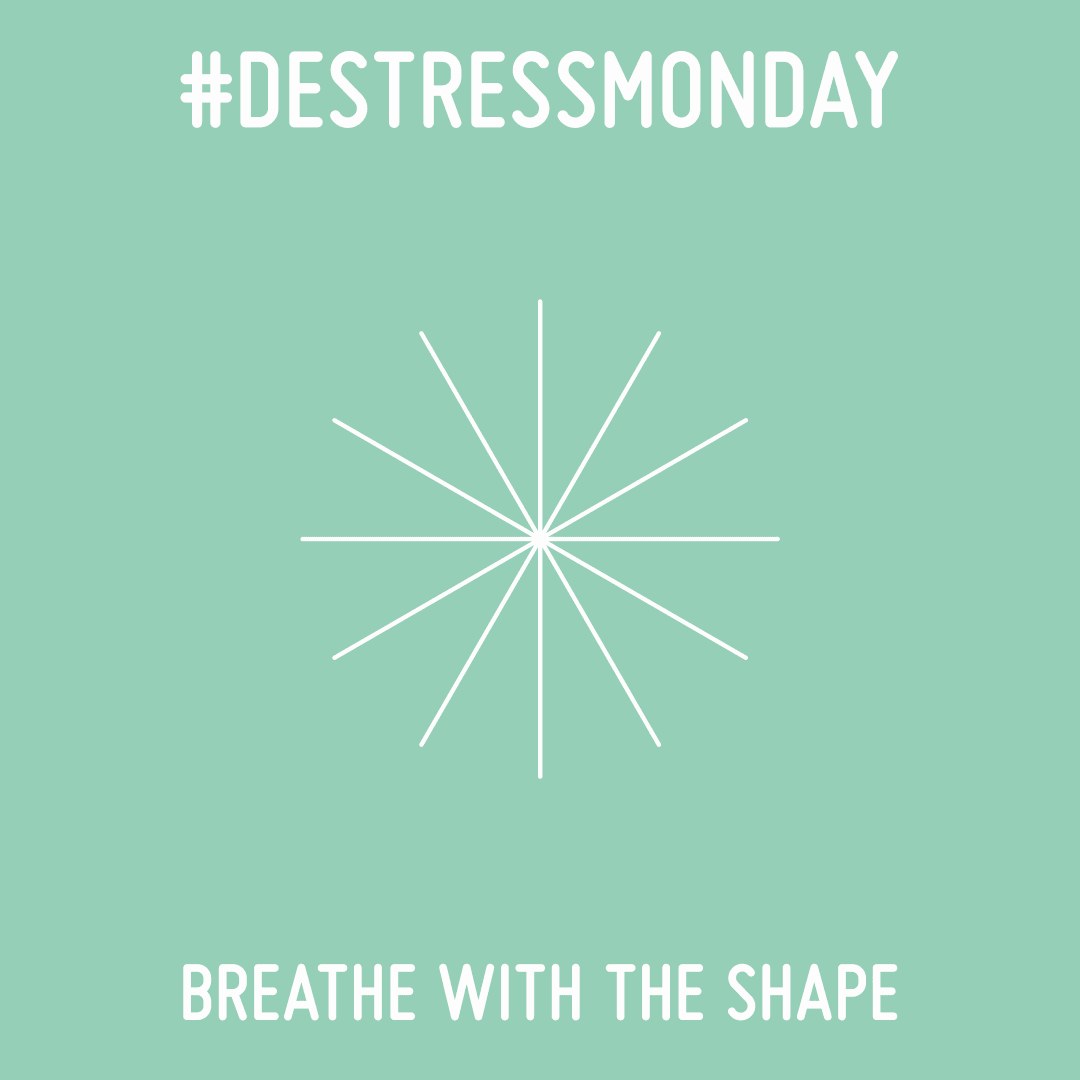 |
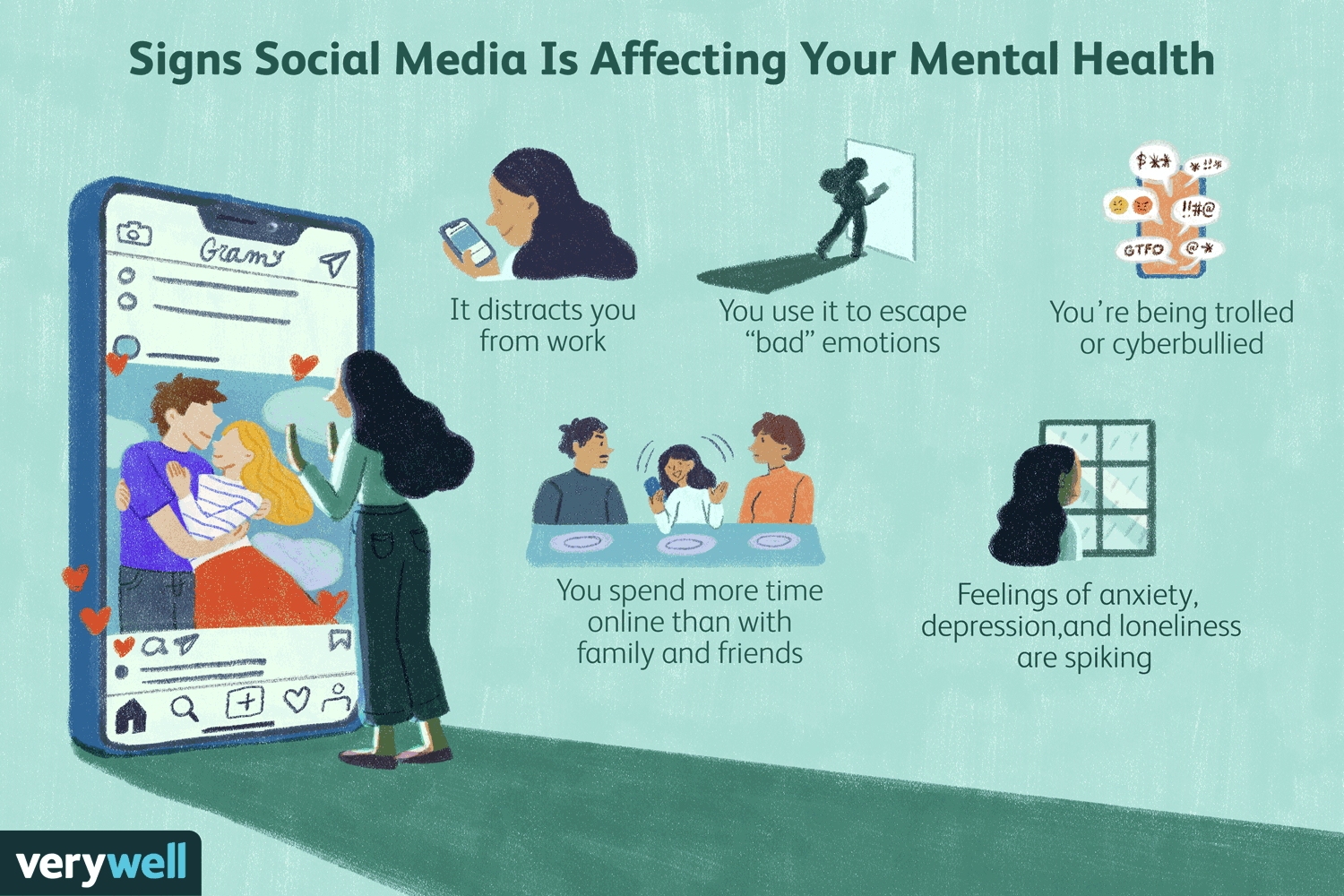 |  | 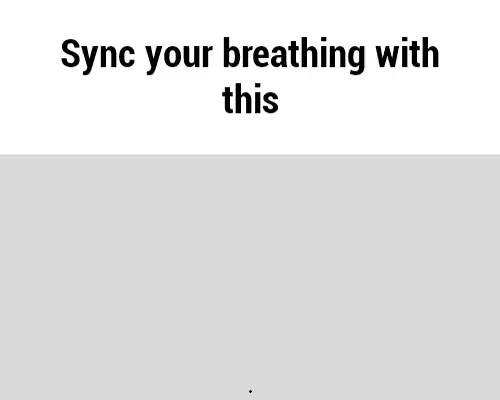 |
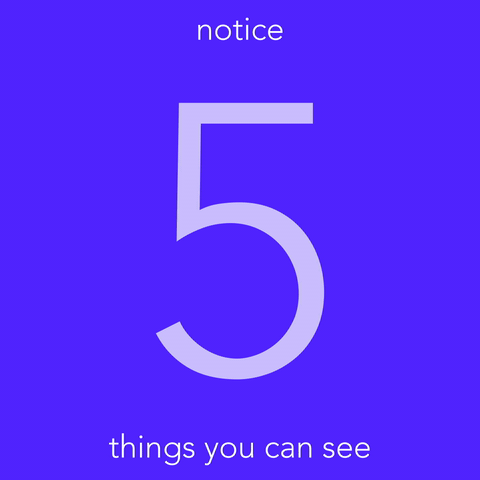 |

